Well, the title pretty much says it.
(Q1) Is this question number 10,000,000 on Stack Overflow?
But, since it is probably not (though I made an 'attempt'):
(Q2) Which question is number 10,000,000 on Stack Overflow?
I realize that this is not exactly a programming question yet, so I will try to turn it into one:
(Q3) How can one determine which is question number N on Stack Overflow without administrator access to the Stack Overflow database?
I came up with all these while visiting Stack Overflow a few hours ago. The question counter caught my attention, because it resembled a price tag (all those 9s). I admit I did not give it too much thought. So maybe there is an obvious answer, but I can't see it right now.
What I've 'tried'
Obviously, the total number of posted questions T is one parameter to consider (i.e. the counter at the top-right of the the questions page). However, it is not directly related to any particular question. I also suspect that it is just an approximation of the real value since I've just seen it going up and down a few times. So it might be precisely evaluated just once every few minutes. One other cause of this behavior could be that questions can also be deleted. I might have caught the system during 'cleaning' time. In consequence, there might be more than one "question number N". But there must be a 'first' one. And a 'last' one, to be determined after the moment when questions that were posted before it stop getting deleted or become 'unlikely' to get deleted after that moment.
Second 'clue' I could think about was the question URL. It has this format:
https://stackoverflow.com/questions/<id>/<title>
The id part and T seem to be correlated. The difference in between the two values is not a constant, though earlier today it was around 22,107,000 and was increasing at a relative 'slow' rate. This might be because the id is an aggregate counter (I suspect it counts both questions and answers, possibly more). So unless one has an overall view of how the number of questions and/or the number of answers evolved over time, this is not the way to go.
Due to the distributed setup of the whole system and due to the fact that the above parameters are hard to track accurately (at least by an average user), it seems hard to come up with answers to any of the questions above (if they are well defined in the first place). All these indicate that there might be no exact answers, but rather a probabilistic discussion should take place. Thus an attempt to make this question number 10,000,000 was hopeless in the first place.
Though I can see no practical use for all these (at least not from the point of view of an average user), chances are that I am not the only one wondering about it. Any other ideas?
It appears my question was a bit unclear for some of the users (though I did receive an appropriate answer, addressing the problem I had in mind, before it got put on hold). So I will make an attempt to rephrase it.
In the image below you can see the question counter (labeled (1), above referred to as T). The value of this counter is changed by some logic. Ideally such a counter would increase by 1 each time a new question meets all the requirements and would never decrease. However, this one goes down from time to time. So, a first question would be: what is the logic that changes the value of the counter?
Additionally, I would like to know which is the question that turned the value of this counter from 9,999,999 into 10,000,000. Due to the nature of logic that modifies the value of T, this change could have taken place multiple times. To simplify things, I am curious about which one question did it first. This question is the last step needed in order for the banner message labeled (2) to be legit and it is what I above referred to as 'question number 10,000,000'.
If there is a way to determine this question an acceptable answer would come in the form of a URL pointing to it and an proof that this is indeed the question I am looking for. Any possibly related ideas are also welcomed (since the logic that modifies the value of T might not be deterministic after all).
